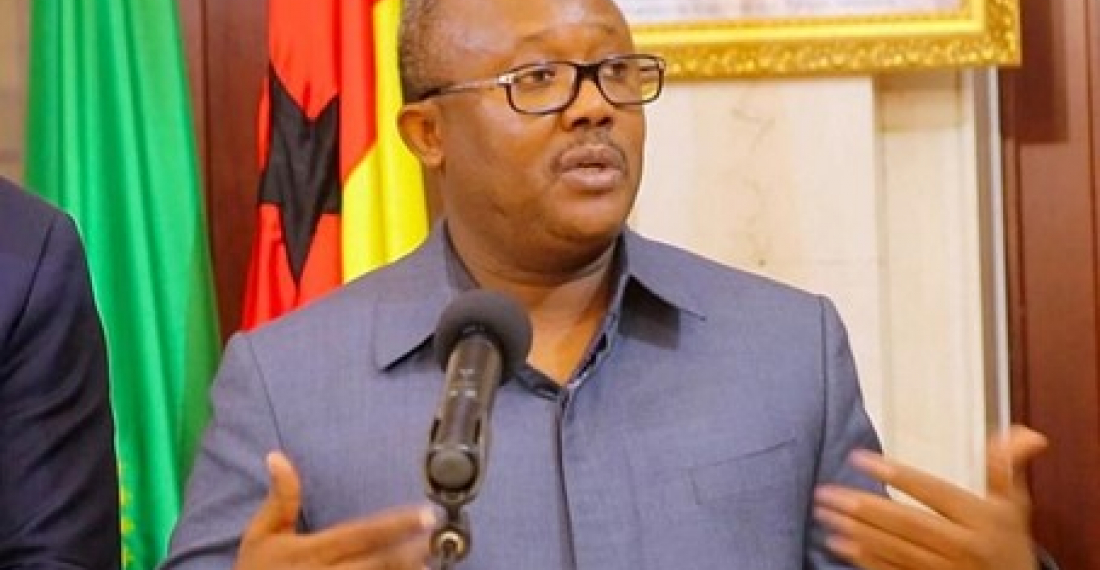At a press conference on Thursday 10 February, Umaro Sissoko Embalo, the president of Guinea-Bissau, accused three soldiers, previously arrested by the United States in 2013 for drug trafficking, of being responsible for the attempted coup on 1 February.
The President named the plotters as Bubo Na Tchuto, former head of the Guinea Bissau Navy, and Papis Djemé and Tchamy Yala, two former naval officers. The three suspects, now arrested after the events of 1 February, had become involved in drug trafficking in the 2010s before the Drug Enforcement Administration (DEA) arrested them on a luxury yacht in international waters off the coast of West Africa in 2013.
President Embalo said he spotted Captain Tchamy Yala and Lieutenant Papis Djeme when they were shooting at the cabinet meeting and that former navy chief Na Tchuto was coordinating the assault from navy headquarters.
With a population of about two million, this small West African country is considered a major hub for cocaine trafficking from Latin America to Europe and the United States. This is due to relatively weak law enforcement and its strategic position on the Atlantic coast. Latin American cartels avoid scrutiny by generally sending their product first to Guinea Bissau, where a different plane or ship then transfers the cargo to Europe or the US. In a country where lucrative positions are a rare and contested commodity, many soldiers are reportedly involved in trafficking.
Since its independence from Portugal in 1974, Guinea-Bissau has experienced a dozen coups or attempted coups. Attacks on the authorities by soldiers involved in drug trafficking is not new. In 2009 President Vieira was assassinated by Guinea Bissau soldiers linked to trafficking networks, and in 2012, army officers wishing to control the country's trafficking network came to power in a what is known as the "cocaine coup".
Nevertheless, a coup of such violence, resulting in the death of 11 people - mainly members of the President's security service - is still rare.
The international media failed to reach the three accused men for comment.
Sources: CommonSpace.eu with Reuters (London), France 24 (Paris), and other media outlets
Picture: The President of Guinea-Bissau during his statement; Twitter: @ArabNewsfr







